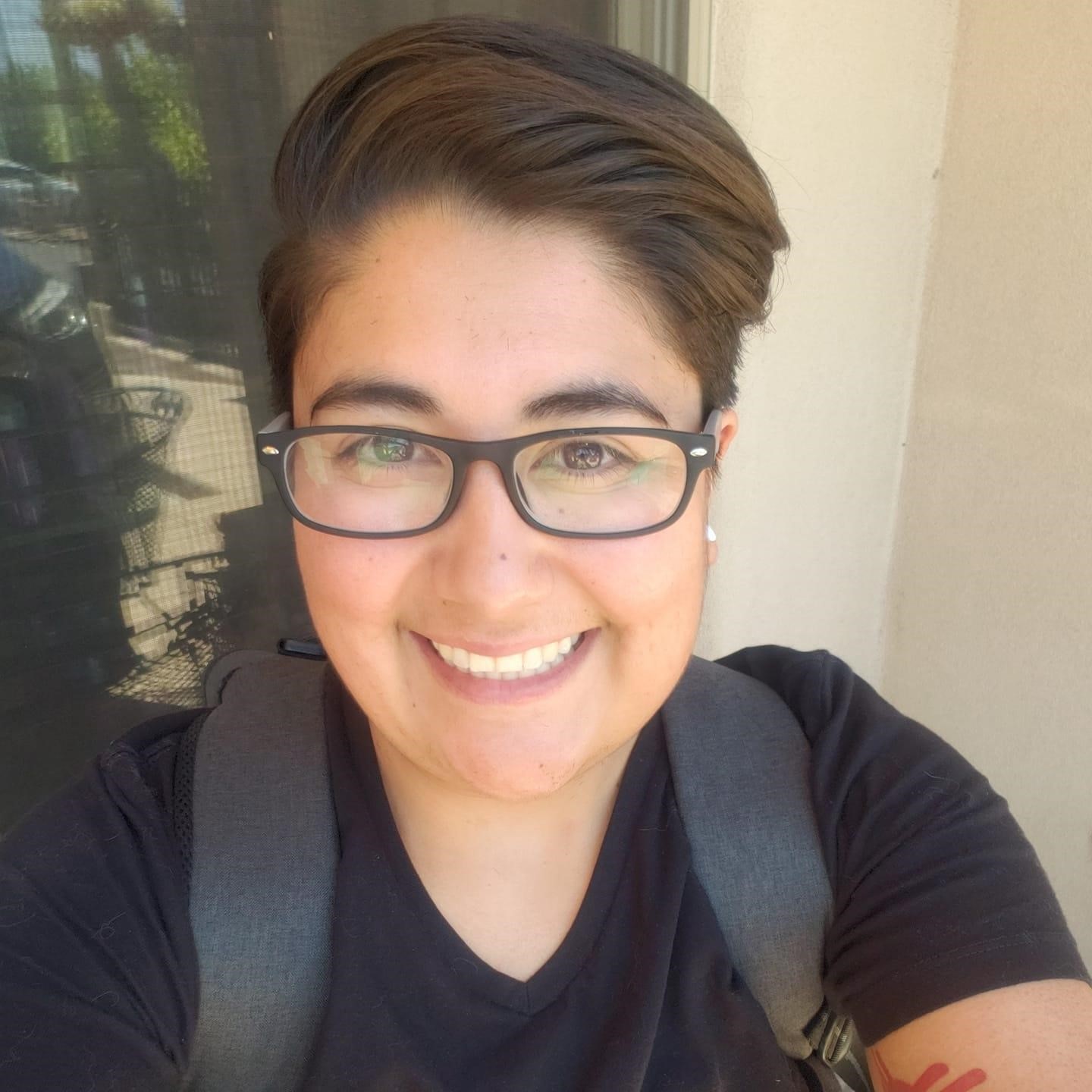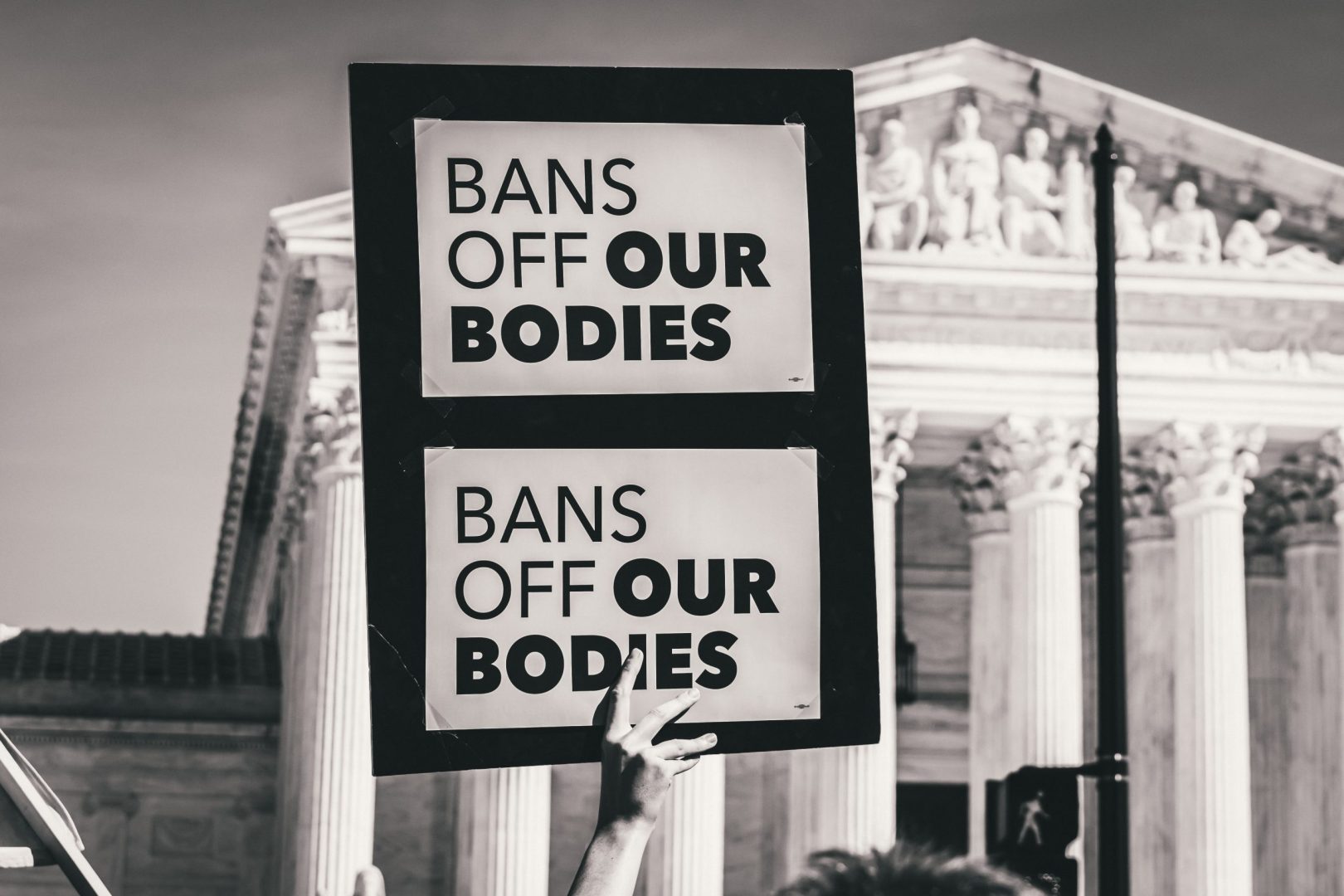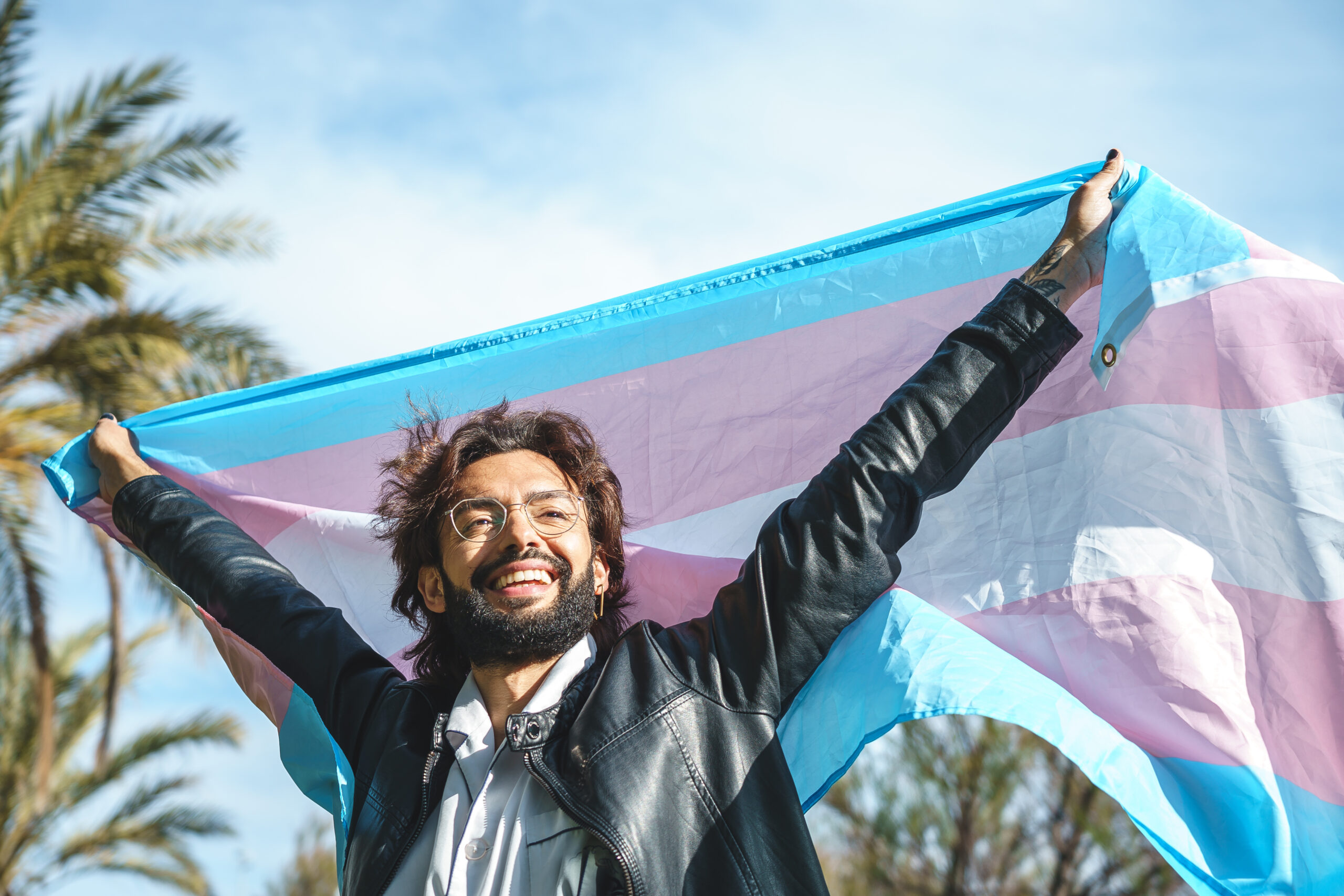“Every time we point out stigma and name it as unfair, it loses its validity, and in turn, its power.”
Educators with Responsible Sex Education Institute
June 27, 2022
Content Warning: This blog mentions medical harm, harmful anti-fat stereotypes, and specific negative messages about sex. Please take care while reading.
People do not make decisions about sex and sexual health in a vacuum. They are influenced by all kinds of things: their identities and values; the media and people around them; systems of oppression and society at large. Not explicitly mentioned in our list is anti-fat bias stemming from fatphobia. Anti-fat bias is just one example of how shame and stigma can sneak its way into sexual health and sex education and obstruct a person’s ability to make the best decisions for themselves. Let us examine this more closely and learn how to better “show up” for our participants and patients, who, it is worth mentioning, exist in all kinds of bodies.
When we are talking about anti-fat bias, we are referring to the attitudes, beliefs, and social systems that specifically marginalize, exclude, underserve, and oppress fat bodies. Part of destigmatizing is being intentional with the language that is used to talk about a topic. We intentionally choose to use anti-fat bias instead of fatphobia* to reframe and focus on the root context—implicit and explicit biases—because it creates a more nuanced conversation that is not about intentions but the impact of actions and attitudes.
Fighting body shame in a deeply anti-fat society is a huge undertaking. Diet culture profits off body shame even for young children (e.g., Kurbo, a.k.a., Weight Watchers for children), and TV, movies, and advertisements reinforce harmful stereotypes about fat people being lazy and unmotivated, or someone to laugh at. But there are things we can do to combat anti-fat bias.
We can start by checking in on our own biases and values about fatness. Are we holding onto negative beliefs about fatness, intentionally or unintentionally? Are those beliefs informing the way we talk about people’s bodies? What language do we use when we talk about body size? About diets? About weight gain or loss? Being mindful of the messages we may be sending about body size keeps anti-fat bias from going unchecked. Every time we point out stigma and name it as harmful, it loses its validity, and in turn, its power.
This commitment to learning and checking our anti-fat bias is important because it affects our work. Whether we are a sex educator or a health professional, we should aim to make sure everyone has the knowledge and skills to take care of their bodies, however their bodies look or work. (And let us be clear—there is no wrong way to have a body.) Not surprisingly, this learned and internalized body shame can find its way into sexual decision making. Let’s see how anti-fat bias shows up in sexual health and education.
Consent
As adults working with young people, what messages do we send about shame and consent? How do we communicate that people should not have to compromise on their wants, needs, and boundaries because others may believe, and treat, their body like it deserves less? Self-advocacy during sexual or romantic situations may be complicated if someone is met with societal, institutional, and interpersonal anti-fat bias.
Advocating for Care
Negative beliefs about fatness can lead to medical harm. Many fat individuals report hesitancy to seek medical care because of how much stigma they are met with in healthcare spaces, including:
- Fat shaming used as a “motivational” tactic to try to get people to lose weight
- Healthcare providers dismissing patient concerns and blaming unrelated health problems on weight
- Patients not getting proper treatment
- Negative attitudes towards patients with larger bodies
- Stigmatizing language
Folks who defend these actions do so in the name of health because health and size are tied together. Fatness is seen as unhealthy, and dieting and weight loss are seen as healthy solutions. As health professionals, while we do want to advocate for what is healthy, it is also important for us to try to take an unbiased look at what “counts” as healthy. This means challenging what we have been taught to believe about fatness when presented with new information. It means critically investigating research about the negative effects of dieting. It also means learning more about how weight stigma itself can cause negative health outcomes.
To challenge these assumptions, we need to give youth (and adults) the tools they may need to advocate for themselves in medical settings, such as resources like Don’t Weigh Me Unless It’s (Really) Medically Necessary cards they can bring to health visits. It can also include teaching and having conversations about speaking up for yourself at a medical visit and emphasizing that the blame for receiving inadequate medical care is not on patients.
Birth Control
Another area where sex education and sexual health intersects with anti-fat bias is in the content we teach and the information we share. When we talk about birth control, for example, are we having conversations about body size? Are we talking about the weight limits on emergency contraception and providing alternatives? Are we explaining the birth control options for someone who falls outside of designated weight limits? Are we assuming who is or is not sexual based on their body size? We need to address these questions, and others, so that we become more informed and adjust our content and practices.
Combating anti-fat bias is no easy task; these tips are just a starting point for how we can be more informed and improve the work we are doing already. Here is a list of things you can start doing today:
- Check your biases. Project Implicit’s Implicit Association Test on weight bias can help measure the unconscious bias that informs our thinking and actions.
- Learn about the racialized history of BMI and anti-fatness. Check out the books, videos, and articles from the Responsible Sex Education Institute (RSEI) and Planned Parenthood.
- Be mindful of the language we use when talking about weight.
- Speak up! We can speak up against anti-fat bias and weight stigma whenever it comes up by debunking myths in the moment and calling out discrimination.
- Explore and utilize the latest research that is combating anti-fat bias in the medical field.
We may not be experts in the anti-fat bias and weight stigma fields, but we are working to improve adolescent health. It is our responsibility to do the best we can to combat harm and stigma due to anti-fat bias. How will you combat anti-fat bias in your work today?
*Our intention is not to perpetuate mental health stigma. Phobias are real mental illnesses and conflating them with oppressive attitudes and behaviors invites greater misunderstanding of mental illnesses and the people who have them.
PHOTO CREDIT: Novak on Adobe Stock









